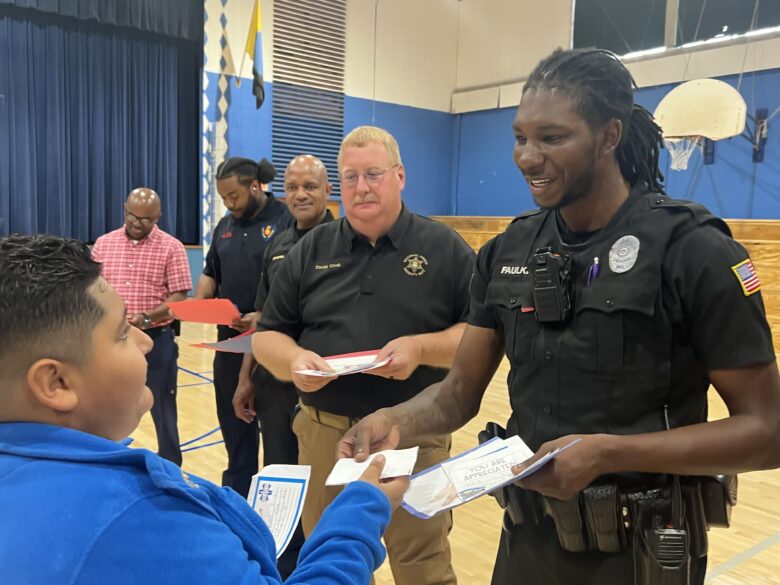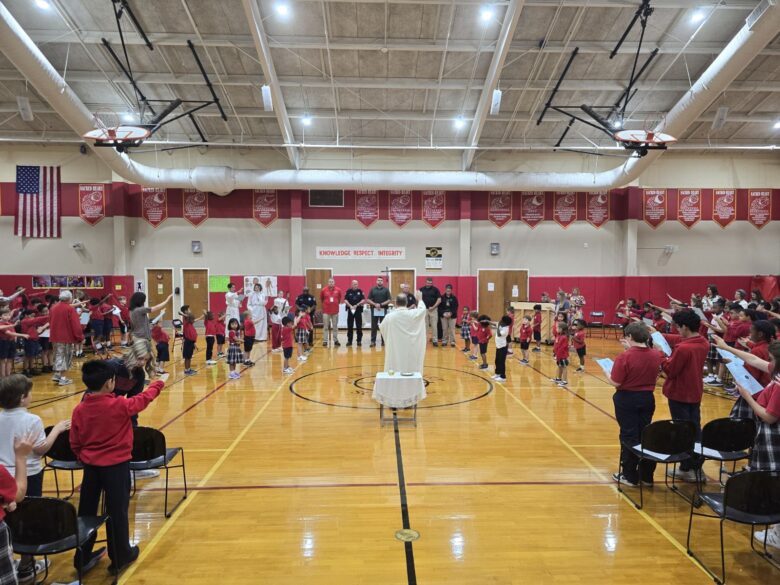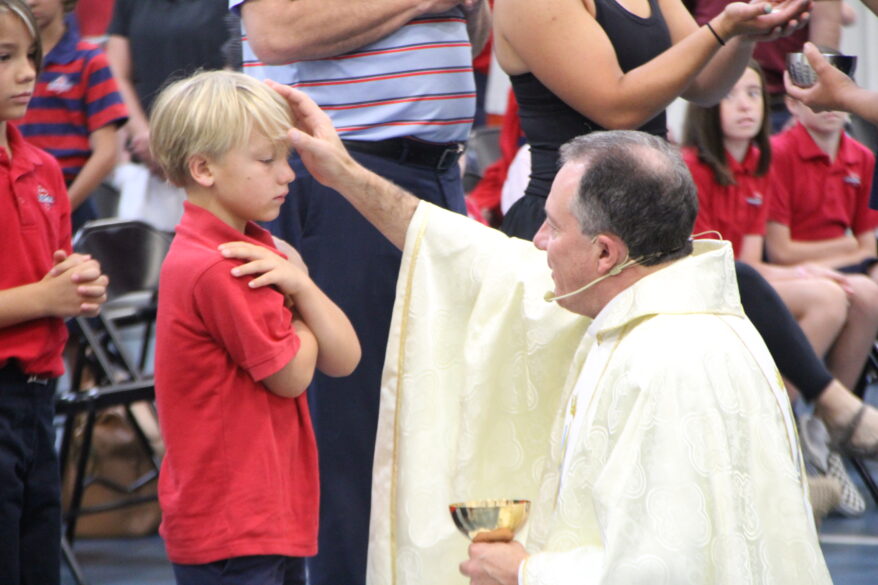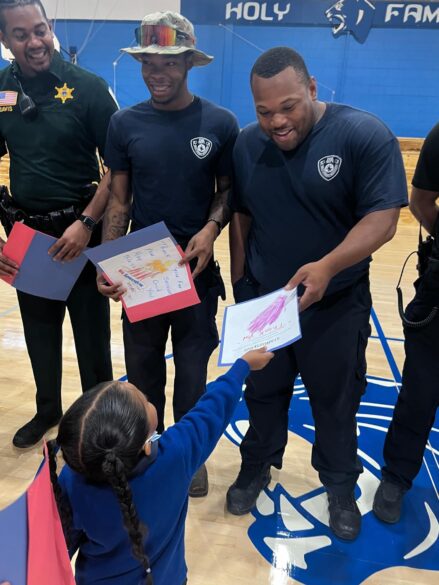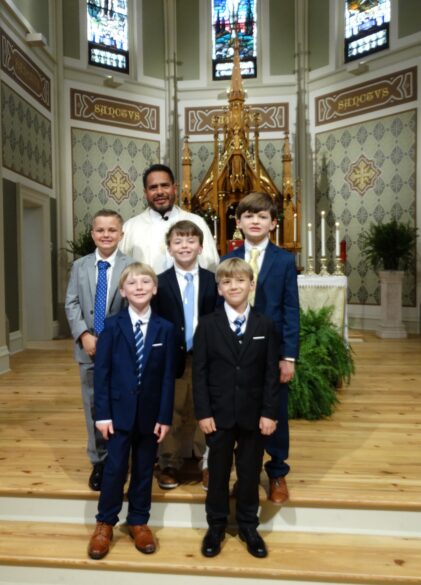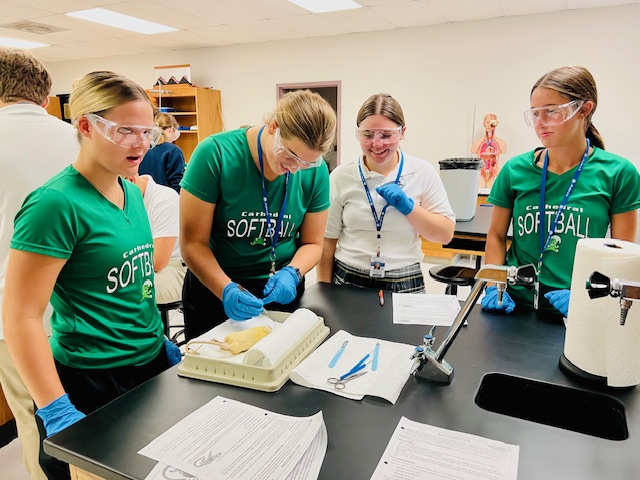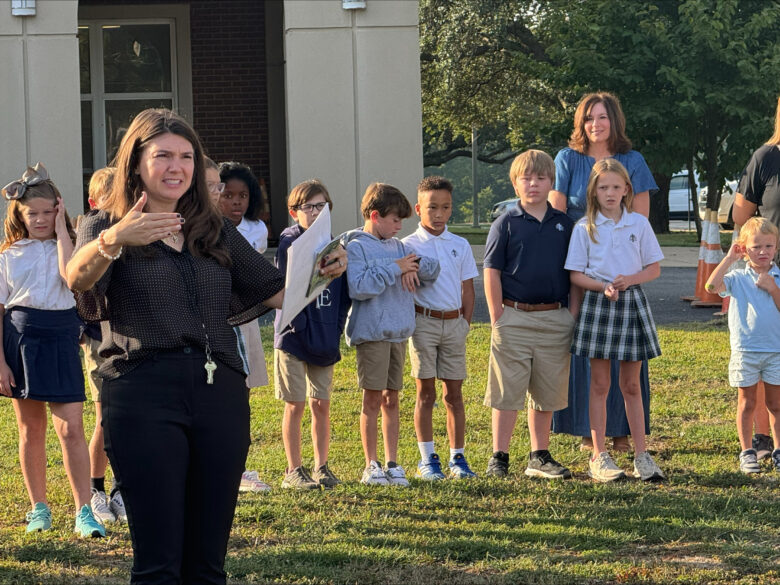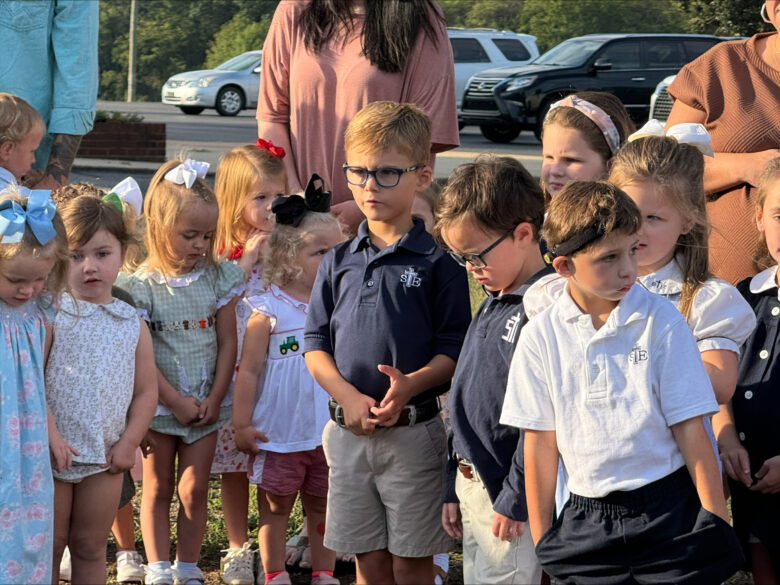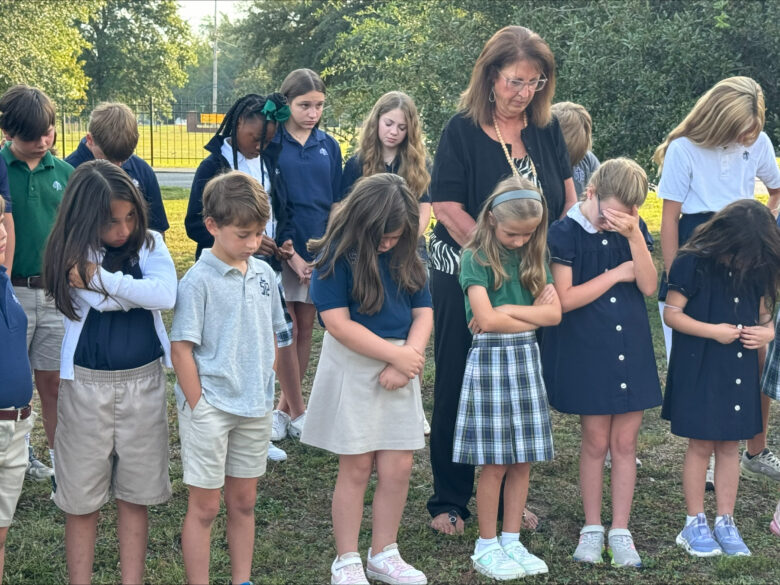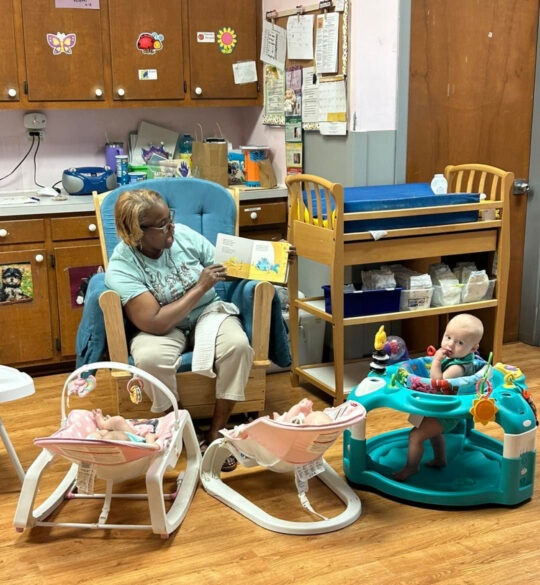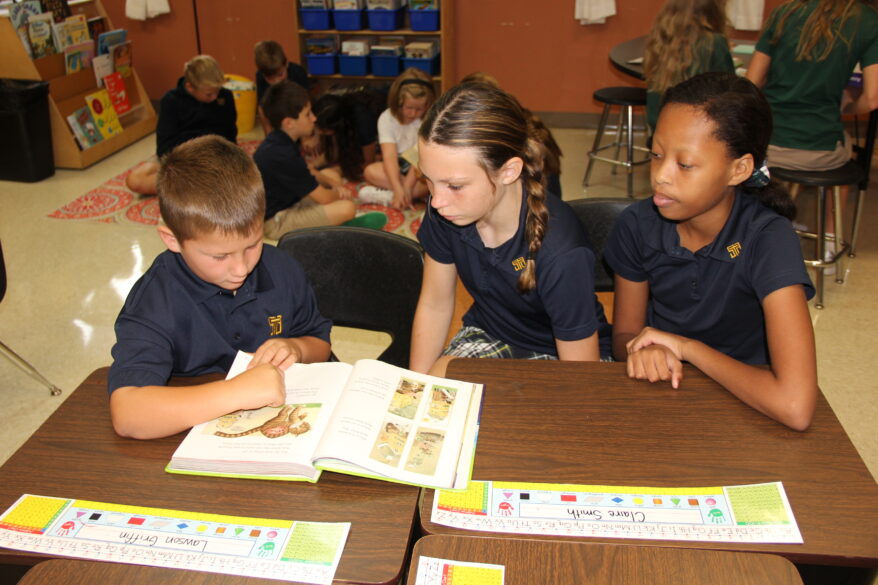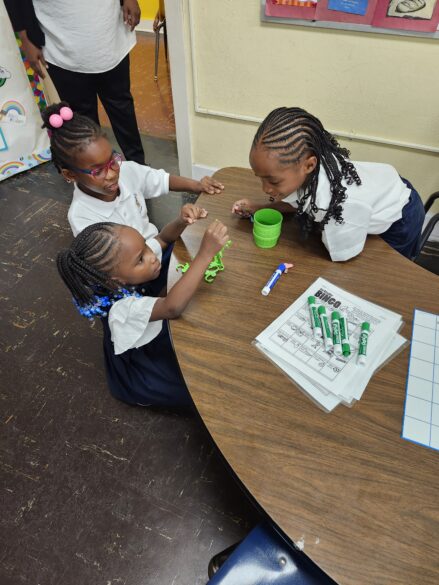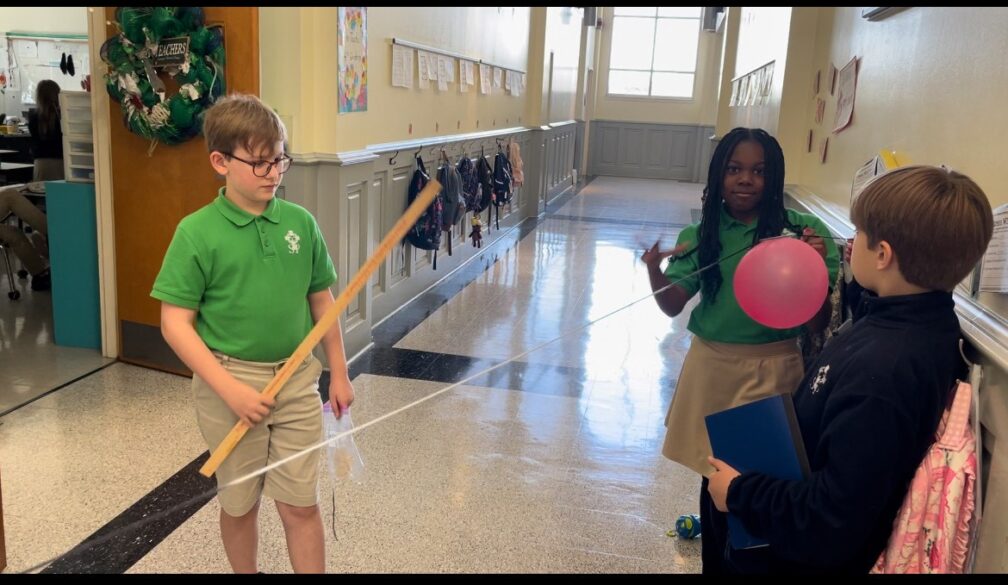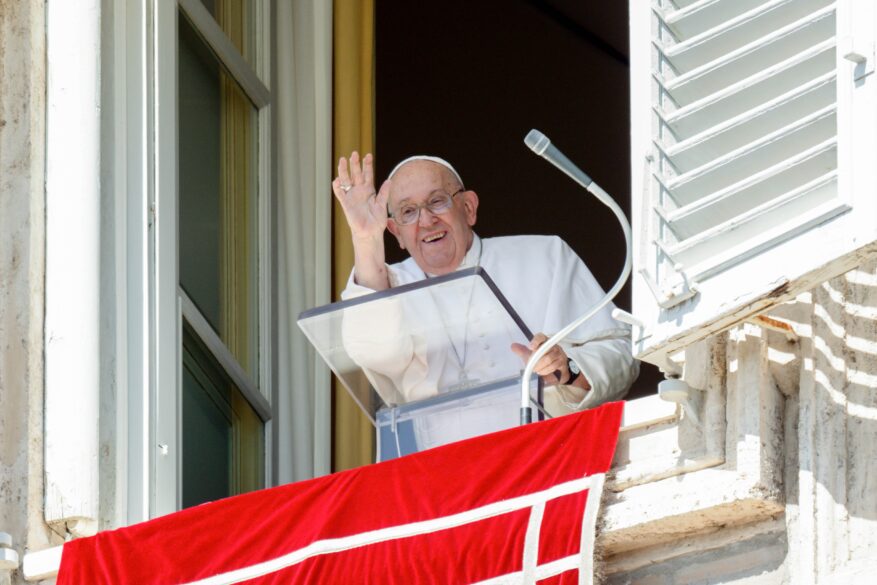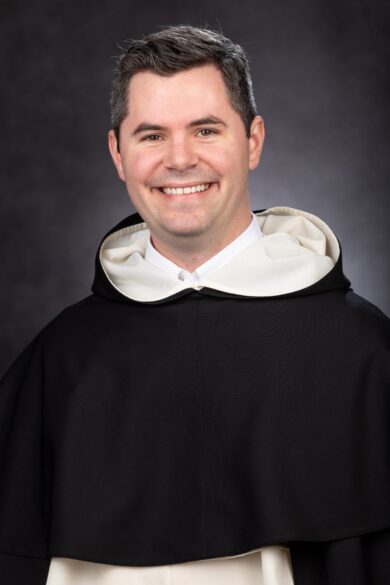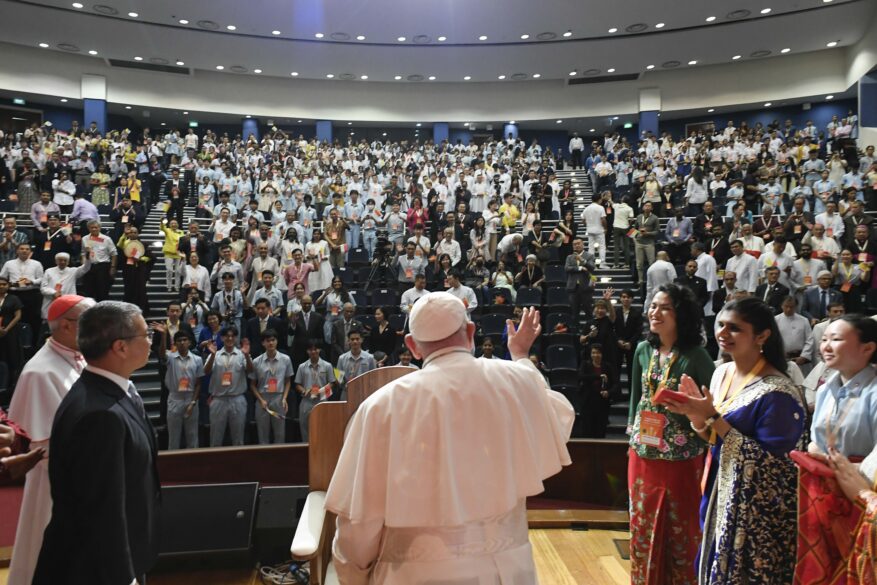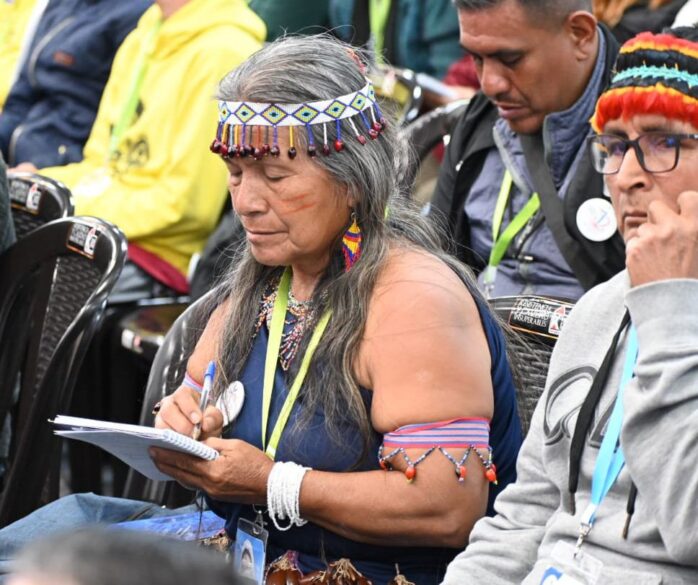SPIRITUAL ENRICHMENT
FLOWOOD – St. Paul, “Bee Attitudes” Women’s Retreat, Oct. 18-20 at Our Lady of Hope Retreat Center in Chatawa with Father Anthony Quyet. Ladies of St. Paul, come experience the Beatitudes from the perspective of Henry David Thoreau’s Walden and Paula D’Arcy’s A New Set of Eyes. Details: email finance@spaulcc.org.
GREENWOOD – Locus Benedictus, Healing Retreat with Maria Vadia on Saturday, Nov. 9 from 10 a.m. to 3 p.m. The retreat is free; a love offering will be taken. Details: call (662) 299–1232.
JACKSON – St. Richard, “Inspire” – a day retreat for women of all ages, Saturday, Nov. 2 from 8:30-3:30 p.m. in Foley Hall. Suggested donation: $30. Register by Oct. 15. Details: claudiaaddison@mac.com or (601) 594-3937.
OFFICE OF CATHOLIC EDUCATION – The OCE hosts a Zoom Rosary the first Wednesday of each month during the school year at 7 p.m. On Oct. 2, Vicksburg Catholic School will lead us in prayer. Join early and place your intentions in the chat. Details: Join the rosary via zoom at https://bit.ly/zoomrosary2024 or check the diocese calendar of events.
VIRTUAL – Healing Racism: Achiving a Eucharistic World Webinar by the Sisters of the Blessed Sacrament on Saturday, Oct. 12 at 1:30 p.m. This webinar includes presentations on raising and promoting social consciousness towards the vision of eucharistic compassion and a more racially just church. Details: register at www.katharinedrexel.org/SJCwebinar.
PARISH, FAMILY & SCHOOL EVENTS
ABERDEEN – St. Francis of Assisi, Parish Picnic, Saturday Oct. 5 following the 5 p.m. Mass. Details: email abstfrancis@gmail.com.
BROOKHAVEN – St. Francis, Parish Picnic, Sunday, Oct. 6, following 10 a.m. Mass. Details: church office (601) 833-1799.
COLUMBUS – Annunciation, Fall Festival, Sunday, Oct. 27 from 4-6:30 p.m. Have an amazing halloween experience for youth with trunk or treat, cake walk, games, contests, hall of saints, food and more. No pets. Details: church office (662) 328-2927.
CLEVELAND – Our Lady of Victories, 100th Anniversary Celebration, Sunday, Oct. 6 at 10 a.m. Mass with Bishop Kopacz, followed by a luncheon. Details: church office (662) 846-6273.
FOREST – St. Michael, Feast celebration with Mass at Gaddis Park. Sunday Oct. 6 at 10 a.m. Details: church office (601) 469-1916.
GLUCKSTADT – St. Joseph, Parish Picnic and Trunk or Treat, Saturday, Oct. 26 after 4 p.m. Mass. Details: church office (601) 856-2054.
GREENWOOD – Immaculate Heart of Mary, CYO Spaghetti Supper and Halloween Carnival, Monday, Oct. 28. Spaghetti supper available for drive-thru, carry out or dine in beginning at 4:30 p.m. Carnival booths open at 5:30 p.m. and bingo at 6 p.m. Cost: $15 Details: church office (662) 453-3980.
GREENWOOD – St. Francis, Feast of St. Francis, Sunday, Oct. 6. Bilingual Mass at 12 p.m. followed by parish potluck. All are invited, bring your favorite dish. Details: church office (662) 453-0623.
HERNANDO – Holy Spirit, Cocktails and Catholicism, Liturgical Music with Stacy Michael on Friday, Oct. 11. Doors open at 6 p.m. 21+ and over. BYOB. Details: church office (662) 429-7851.
JACKSON – St. Richard, Special Kids Golf Tournament, Thursday, Oct. 10 at Deerfield Golf Club in Canton. Morning and afternoon scrambles available. Details: for more information visit https://saintrichard.com/special-kids-day or email golf@saintrichard.com.
St. Richard School, Cardinal Fest and Chili Cook-off, Sunday, Oct. 6 from 11:30 a.m. to 2:30 p.m. Entry cost: $20. Enjoy games, food, music and more. Chili cook-off teams needed! See more info at https://bit.ly/3TDIXFu. Details: school office (601) 366-1157.
Cathedral of St. Peter, Hispanic Heritage Potluck, Wednesday, Oct. 2 at 5:30 p.m. Details: RSVP at https://bit.ly/HHPotluck2024.
LELAND – St. James, Spaghetti Dinner and Fair, Tuesday, Sept. 24 at 5 p.m. Booths open at 6 p.m. Cost: $15 per plate. Details: Debbie at (662) 684-7352.
MADISON – St. Francis, A Taste of St. Francis Feast, Sunday, Oct. 6 in the Family Life Center after 10:30 a.m. Mass. Details: sign up forms at the entrance of the church or call (601) 856-5556.
St. Francis, Blessing of the Animals, Saturday, Oct. 5 at 2 p.m. in the courtyard. Pets must be leashed or in a crate. Details: church office (601) 856-5556.
St. Francis, Parish Mission, Becoming People of the Eucharist: Encountering Christ, Oct. 7-8 at 6:30 p.m. in the sanctuary.
MERIDIAN – St. Patrick, St. Anne and St. Catherine Brunch, Saturday, Oct. 12 from 9:30 a.m. to 12 p.m. in the Father Vally Room. This event is for anyone who has suffered infertility, miscarriage or loss of child. Join us for a time of comfort, prayer and gentle conversation with others who understand. Details: church office (601) 693-1321.
St. Joseph, Octoberfest and Health Fair, Saturday, Oct. 5 from 10:30 a.m. to 2 p.m. Beginning with blessing of the animals. Enjoy food, games, activities and fun for all. Details: church office (601) 693-1321.
NATCHEZ – Cathedral School, Fall Festival, Oct. 5 and 6. Enjoy midway games, shopping, raffles, adult night, bingo and more. Details: visit @CathedralFallFest on Facebook.
St. Mary Basilica, Blessing of the Animals, Sunday, Sept. 29 at 3:30 p.m. at the Family Life Center. Details: church office (601) 445-5616.
OLIVE BRANCH – Queen of Peace, Halloween Bash, Sunday, Oct. 27 at 5 p.m. Enjoy games, food trunk or treat and more. All are welcome. Details: church office (662) 895-5007.
Queen of Peace, 50th Anniversary Celebration for Deacon Mark White, Sunday, Nov. 10, Mass at 10 a.m. with Bishop Kopacz. Details: RSVP to queenop@shsm.org.
PEARL – St. Jude, Hispanic Heritage Potluck Fest, Sunday, Oct. 6 after 12:15 p.m. Mass. Bring your favorite dish to share. Details: church office (601) 939-3181.
PONTOTOC – St. Christopher, Outdoor Mass and Potluck at the Tanglefoot Trail Pavilion on Sunday, Oct. 13 at 9:30 a.m. Details: church office (662) 842-4881.
SOUTHAVEN – Christ the King, Fall Festival, Saturday, Oct. 5 from 10 a.m. to 4 p.m.
Christ the King, Adult Halloween Party, Saturday, Oct. 26, doors open at 6:30 p.m. Enjoy a night of dancing, food, fun, fellowship and fright in the social hall. Music by DJ Fernando. Details: church office (662) 342-1073.
VICKSBURG – Knights of Columbus 898, Drawdown Dinner, Oct. 13 at 6 p.m. Cost: $75 for two – dine in only and one draw for $3,000 grand prize. Details: www.kc898.square.site
DIOCESE
JOB OPENING – The Diocese of Jackson’s Office of Communications is looking for a full-time marketing specialist. Role involves creating and promoting content across multimedia platforms, including social media, websites and promotional materials. The position requires strong communication skills, knowledge of Catholic teachings and proficiency in design and communication software. College degree required with two years experience. Send a cover letter and resume to joanna.king@jacksondiocese.org no later than Oct. 25, 2024. If you would like a full job description, visit https://jacksondiocese.org/employment-1.
JACKSON – Homegrown Harvest for Jackson Seminarians, Saturday Oct. 12 at the Two Mississippi Museums. Tickets: $100, admits two. Details: bit.ly/HGHarvest2024.
YOUNG ADULTS – Trivia on Tap, Tuesday, Oct. 1 at 7 p.m. at Blaylock Photography in Ridgeland. Guest speaker will be pro-life advocate, Anja Baker. Ages 21+ are welcome.
Second Annual Kickball Tournament, Sunday, Oct. 27 from 2-4 p.m. at St. Francis Madison. All young adults ages 18-35 are welcome. Details: to join email amelia.rizor@jacksondiocese.org.
Camino de Santiago Pilgrimage, May 12-27. Father Lincoln Dall will be leading this once in a lifetime journey. Space is limited. Email amelia.rizor@jacksondiocese.org for more information.
YOUTH – Diocesan SEARCH Retreat for tenth through twelfth graders, Jan. 17-19, 2025 at Camp Wesley Pines, Gallman. Diocese High School Confirmation Retreat, Jan. 25-26, 2025 at Lake Forest Ranch, Macon. Diocese Catholic Youth Conference – DCYC for ninth through twelfth grades, March 21-23, 2025 at the Vicksburg Convention Center. Details: contact your individual parish offices or contact Abbey at (601) 949-6934 or abbey.schuhmann@jacksondiocese.org.
CATHOLIC ENGAGED ENCOUNTER – CEE is our diocesan marriage prep program for couples preparing for the sacrament of marriage. The upcoming weekends for 2024/2025 are: Oct. 11-13; Feb. 21-23, 2025; August 1-3, 2025; and Oct. 24-26, 2025 at Camp Garaywa in Clinton; and April 25-27, 2025 at Lake Tiak-O’Khata in Louisville. Register at https://bit.ly/CEE2024-2025. Details: email debbie.tubertini@jacksondiocese.org.
